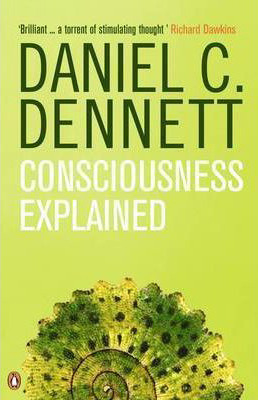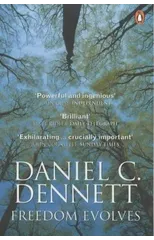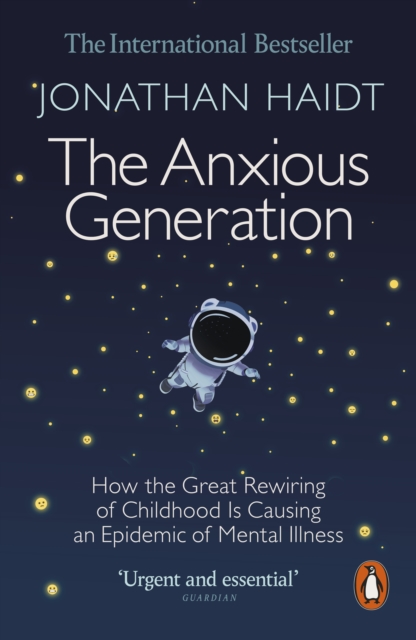Consciousness Explained
(Author) Daniel C. DennettThis book revises the traditional view of consciousness by claiming that Cartesianism and Descartes' dualism of mind and body should be replaced with theories from the realms of neuroscience, psychology and artificial intelligence. What people think of as the stream of consciousness is not a single, unified sequence, the author argues, but "multiple drafts" of reality composed by a computer-like "virtual machine". Dennett considers how consciousness could have evolved in human beings and confronts the classic mysteries of consciousness: the nature of introspection, the self or ego and its relation to thoughts and sensations, and the level of consciousness of non-human creatures.
Daniel C. Dennett
Daniel C. Dennett is a prominent American philosopher, writer, and cognitive scientist known for his work on the philosophy of mind and consciousness. Some of his most notable works include "Consciousness Explained" and "Darwin's Dangerous Idea," which explore the nature of consciousness and evolution respectively. Dennett's writing style is characterized by its clarity, rigor, and interdisciplinary approach, drawing on insights from philosophy, psychology, and neuroscience. His contributions to literature have had a significant impact on the field of philosophy of mind and have influenced debates on free will, artificial intelligence, and the nature of reality. "Consciousness Explained" is considered one of his most famous works, offering a comprehensive and accessible account of the complex phenomenon of consciousness.






